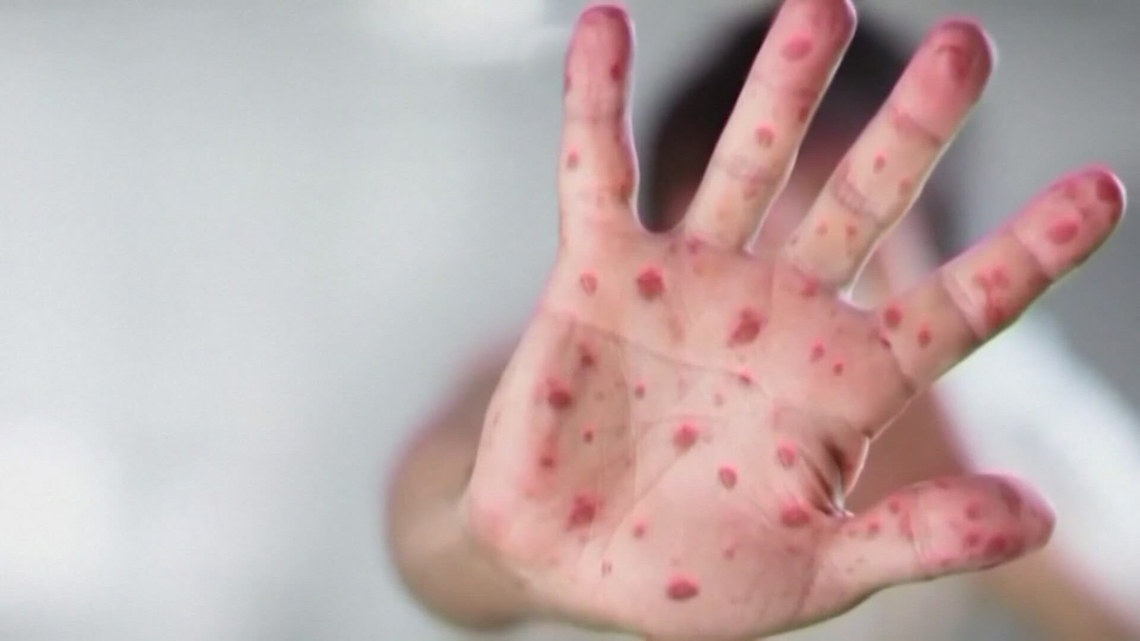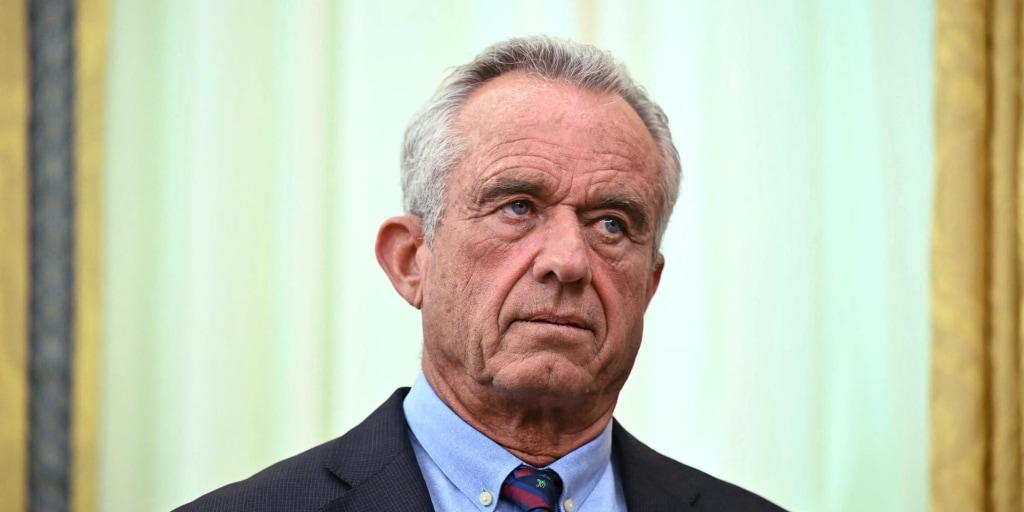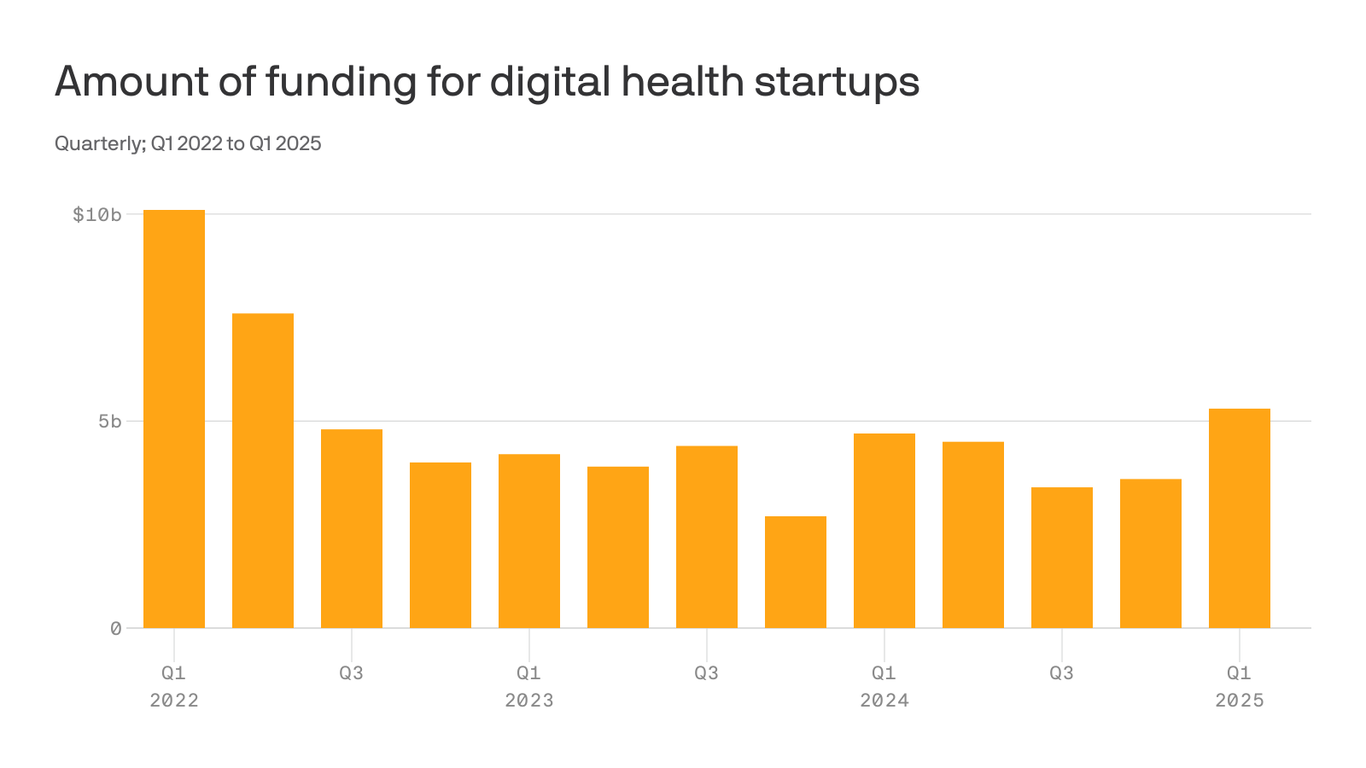
Silent Signals: Pope Francis's Hidden Health Challenges Raise Stroke Alarm
Pope Francis's medical records revealed a complex health profile, highlighting his ongoing battle with multiple chronic conditions. The official declaration of death detailed a nuanced medical history that included Type 2 diabetes, hypertension, and bronchiectasis—a challenging lung disorder that impacts respiratory function. The combination of these health challenges painted a picture of the pontiff's resilience, demonstrating how he continued to lead the Catholic Church despite significant medical obstacles. Type 2 diabetes, a metabolic condition affecting blood sugar regulation, and high blood pressure were compounded by bronchiectasis, a chronic lung disease characterized by damaged and widened airways that can complicate breathing. These medical insights provide a deeper understanding of the pope's health journey, showcasing the medical complexities that accompanied his spiritual leadership in his later years.









